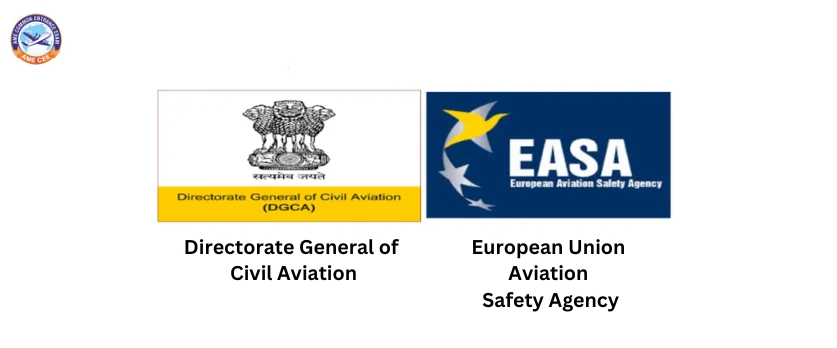The choice between EASA (European Union Aviation Safety Agency) and DGCA (Directorate General of Civil Aviation) certifications depends on various factors, including individual career goals, geographical preferences, and the specific aviation regulations applicable to the desired work environment.
EASA Certification
International Recognition
EASA certifications are widely recognized internationally, providing opportunities to work in various countries that accept EASA standards.|
EU Member States
EASA certifications are particularly beneficial for those aspiring to work within the European Union member states.
DGCA Certification
India-Focused
DGCA certifications are directly applicable for individuals intending to work within the Indian aviation sector.
Indian Aviation Standards
DGCA certifications adhere to the aviation standards and regulations specific to India.
Ultimately, the “best” choice depends on the individual’s career aspirations and where they plan to work. If someone intends to pursue a career within the EU or in countries that recognize EASA certifications, obtaining an EASA license may be advantageous. On the other hand, if the focus is on working within India, DGCA certification would be more directly relevant.
It’s worth noting that some aviation professionals choose to obtain both EASA and DGCA certifications to broaden their career prospects and have flexibility in working across different regions. Before making a decision, individuals should carefully research the requirements of their desired career path and consult with professionals in the field.
To become an aircraft maintenance engineer you may could join AME engineering through AME COMMON ENTRANCE EXAM (AME CEE) this examination you may join AME engineering approved by DGCA, EASA or UGC.


